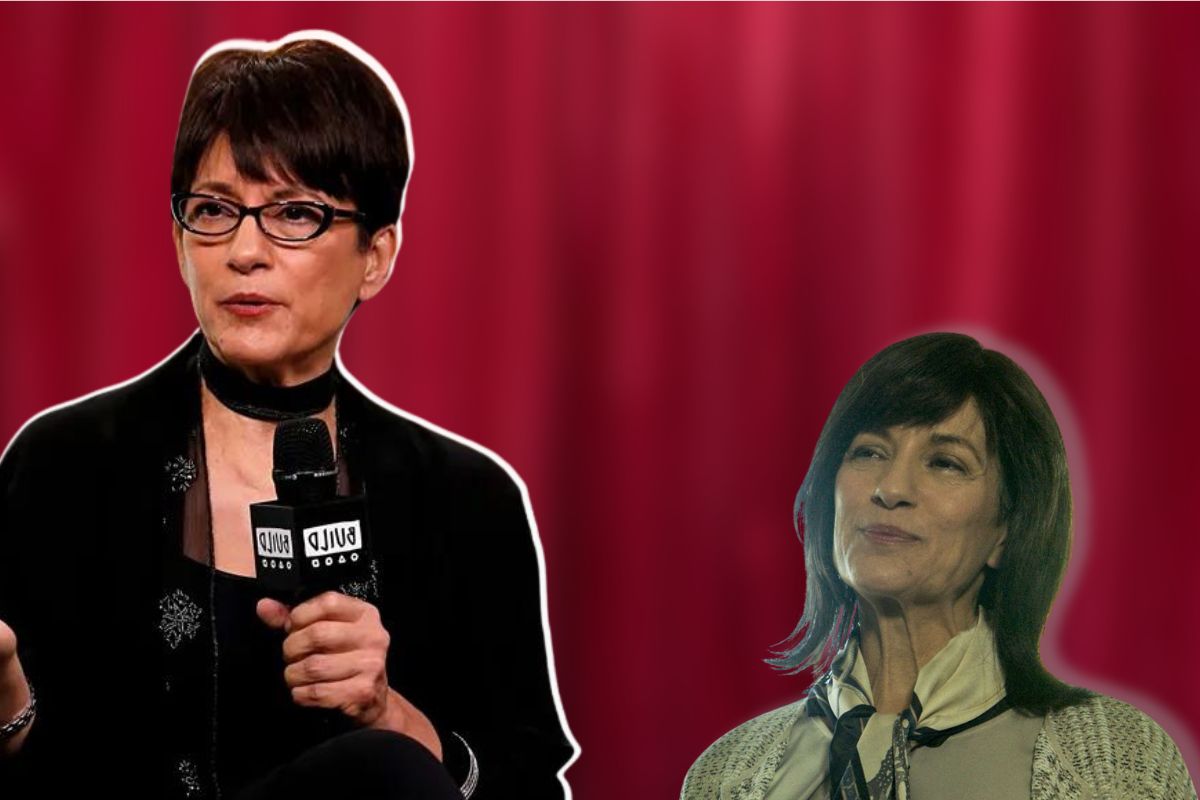For decades, Hollywood has relied on a limited repertoire when casting Latina actresses, often pigeonholing them into roles that perpetuate harmful stereotypes. Among the most persistent of these stereotypes is that of the Latina maid—a character archetype characterized by a sassy demeanor, broken English, and a lack of education.
From the humble abode of Lucy Ricardo in the classic sitcom “I Love Lucy” to the opulent estates of Beverly Hills depicted in contemporary television, the presence of Latina maids has become almost synonymous with household help in popular media.
However, this portrayal not only fails to accurately represent the vast diversity within the Latina community but also reinforces outdated and damaging stereotypes, reducing Latinas to simplistic and one-dimensional characters. This lack of imagination and diversity in representation isn’t just a matter of artistic expression; it’s a systemic issue that perpetuates inequality and marginalization.
Talented Latina actresses, including industry stalwarts like Eva Longoria and Salma Hayek, have voiced their frustration at being typecast into roles that offer little opportunity for meaningful character development or exploration. They, along with countless others, yearn for roles that transcend the confines of stereotype and showcase the depth and complexity of their talent.
Ada Maris Takes a Stand: Why She Refused the Role of Carmen
Enter Ada Maris, a seasoned actress with a wealth of experience and a deep understanding of the importance of authentic representation. When offered the role of Carmen in Netflix’s highly anticipated series “Uncoupled,” Maris found herself at a crossroads. The character of Carmen, with her exaggerated mannerisms and stereotypical traits, represented everything that Maris had spent her career fighting against.
Instead of embracing the opportunity, Maris recognized the role as a step backward—a regression into the tired tropes that have long plagued Latina representation in the media. In a courageous and unprecedented move, Maris chose to reject the role of Carmen outright.
But her refusal was not merely a passive act of dissent; it was a bold declaration of her values and a demand for change. Maris took to the public stage to denounce the character of Carmen as “hurtful and derogatory,” shining a spotlight on the lazy writing and one-dimensional portrayal that perpetuate harmful stereotypes.
A Turning Point: Netflix Listens and Applause Erupts
Maris’s courageous decision reverberated throughout the industry, sparking a wave of support and solidarity from fellow Latina actresses, media outlets, and audiences alike. Her refusal to perpetuate harmful stereotypes sent a powerful message that resonated far beyond the confines of “Uncoupled.”
It was a clarion call for authenticity and representation—a demand for stories that reflect the true diversity of human experience. Thankfully, Netflix heeded the call. In response to Ada Maris’s critique and the ensuing conversation, the streaming giant made the unprecedented decision to drop the role of Carmen entirely. It was a symbolic victory—a testament to the power of collective action and the importance of standing up for what is right.
Why This Matters: The Ripple Effect of Saying No
Maris’s refusal to accept the role of Carmen was not just a solitary act of defiance; it was a catalyst for change—a turning point in the ongoing struggle for diversity and representation in the media.
Latina Actresses Deserve Better Roles
Maris’s decision to reject the role of Carmen highlighted the need for more nuanced and complex characters for Latina actresses. It was a reminder that talent knows no bounds and that Latina actresses deserve opportunities that allow them to showcase the full extent of their abilities.
Representation Matters on Screen
The media we consume plays a significant role in shaping our perceptions of the world around us. When the only portrayals of Latinas we see are confined to the narrow stereotypes of the Latina maid, it sends a damaging message that undermines the richness and diversity of the Latina experience. We need stories that reflect the true complexity of Latina identity—a tapestry of cultures, languages, and experiences that defy easy categorization.
Audiences Crave Originality
In an era dominated by remakes, reboots, and recycled storylines, audiences are hungry for originality and authenticity. Maris’s refusal to accept the role of Carmen was a rejection of the tired tropes and lazy storytelling that have become all too common in the entertainment industry. It was a call to arms for storytellers to push the boundaries of creativity and explore new narratives that challenge conventions and offer fresh perspectives.
Bottom Lines
Ada Maris’s refusal to portray the stereotypical Latina maid in Netflix’s “Uncoupled” was a pivotal moment in Hollywood’s quest for authentic representation. By rejecting the role of Carmen, Maris sparked a conversation about the harmful impact of stereotypes on Latina actresses and audiences alike.
Netflix’s subsequent decision to drop the character demonstrated a willingness to listen and evolve. Maris’s stand underscores the need for more nuanced roles and challenges the industry to embrace diversity and authenticity in storytelling.
















